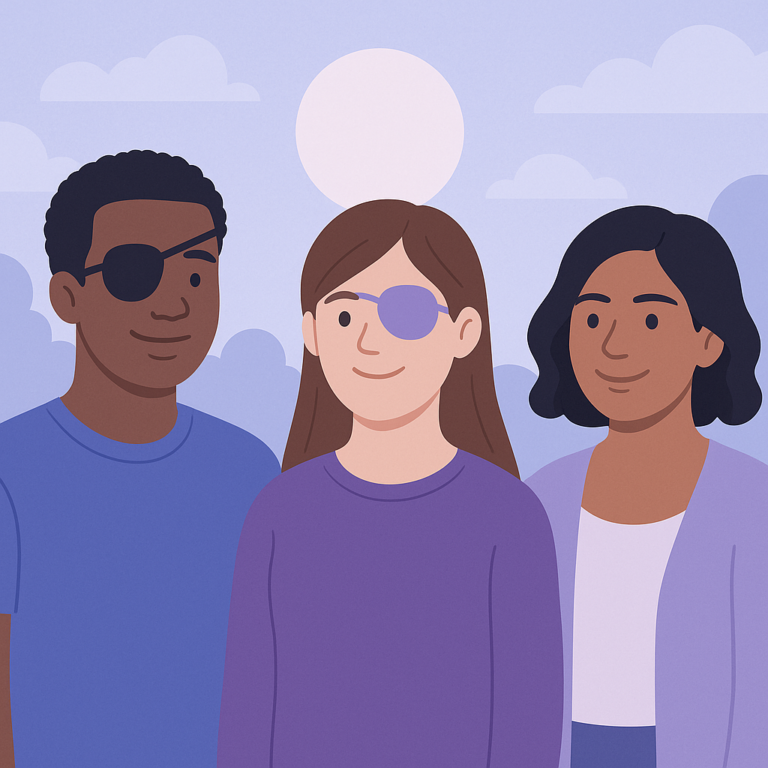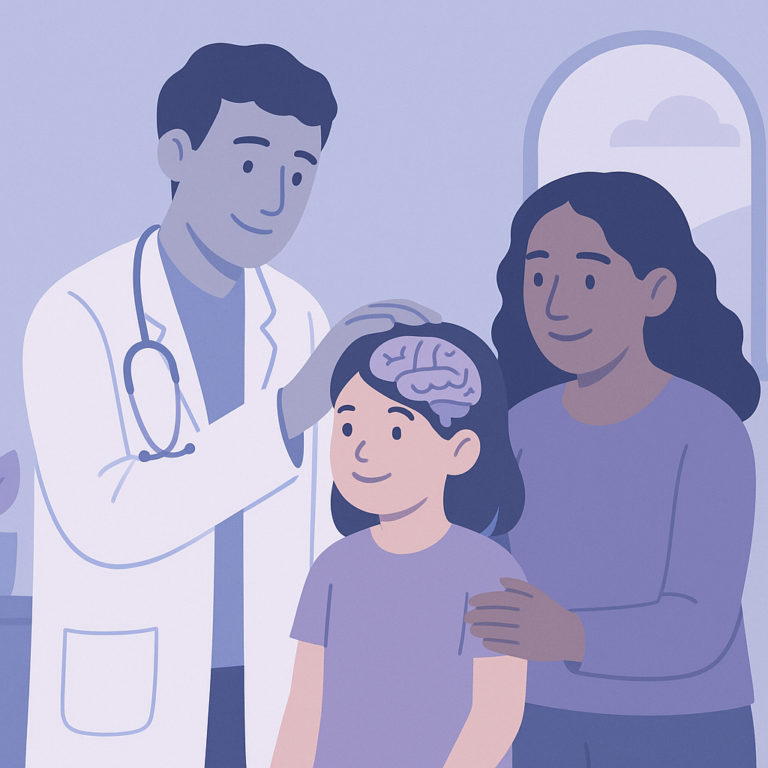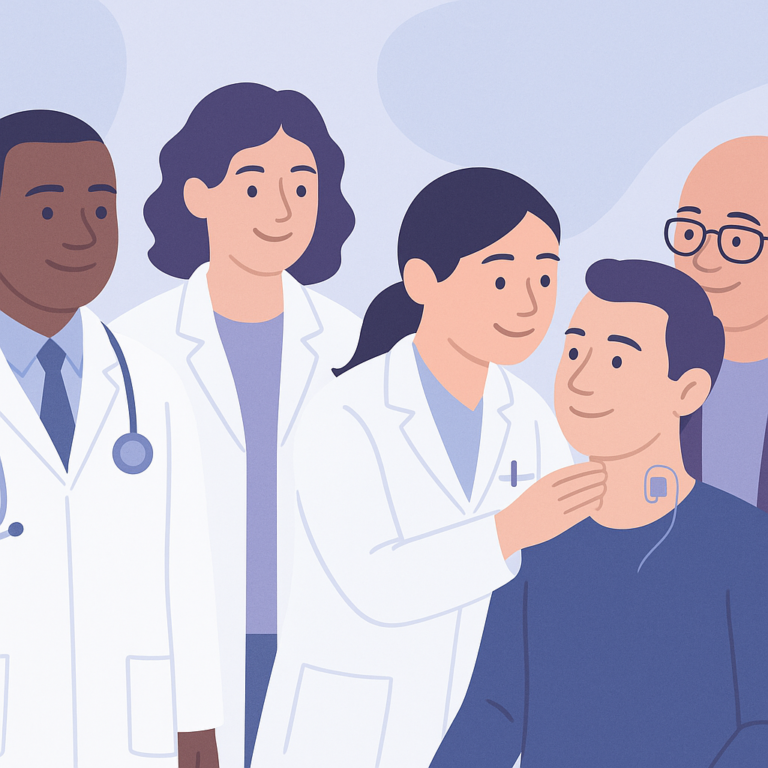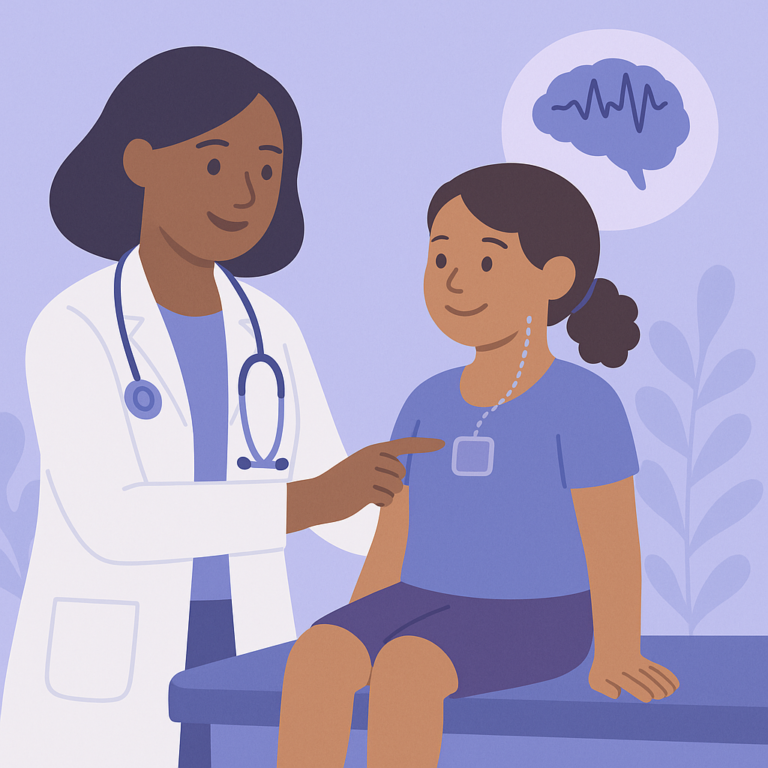Eye Patches May Reduce Seizures in Sunflower Syndrome
This study looked at how wearing an eye patch affects the number of handwaving episodes (HWEs) in young people with Sunflower syndrome, a type of epilepsy triggered by light.

This study looked at how wearing an eye patch affects the number of handwaving episodes (HWEs) in young people with Sunflower syndrome, a type of epilepsy triggered by light.

This study looked at how well children and adults with drug-resistant temporal lobe epilepsy (TLE) do after surgery to control their seizures.

This study looked at the outcomes of surgeries for vagus nerve stimulation (VNS) in children with drug-resistant epilepsy.

This study looked at the risk of developing glaucoma in patients with epilepsy who were prescribed different medications: topiramate, valproate, and lamotrigine.

Researchers studied the long-term effects of vagus nerve stimulation (VNS) on people with Dravet syndrome, a severe form of epilepsy.

Researchers studied a group of 60 patients with epilepsy characterized by myoclonic-atonic seizures, a type of seizure that can cause sudden falls and loss of muscle control.

This study focused on understanding brain changes in older adults with late-onset unexplained epilepsy (LOUE), which is epilepsy that starts after age 55 without a clear cause.

This study looked at how people with drug-resistant focal epilepsy remember things over time compared to healthy individuals.

This study looked at how effective targeted gene panel testing is for diagnosing epilepsy in children.